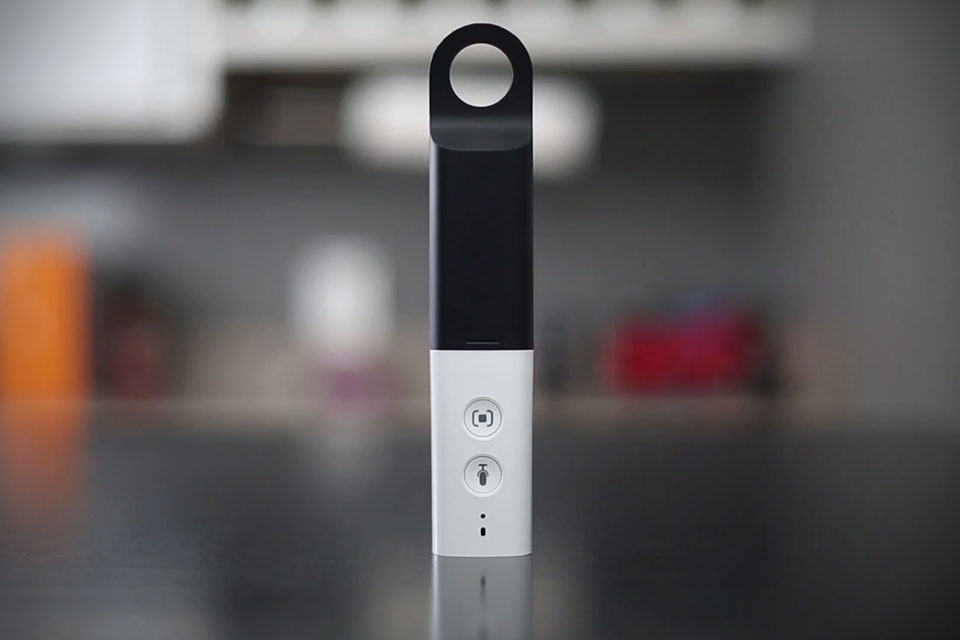Owning a home is a dream for many. That is until there is a serious repair that needs to be made. For example, a new heat pump can range anywhere from $6,800 to upwards of $21,000. Replacing windows, kitchen appliances, a water heater, and what seems like a million other things can cost you hundreds or even thousands of dollars.
You aren’t doomed to go into debt every single time you need a major repair or replacement. You just need to plan so you can afford home repairs as they crop up.

Consider The Age Of Your Home
First, consider the age of your home. Newer homes can cost more than older homes, but there’s also a lot less that can go wrong. You’ll likely end up spending a lot less on repairs if your home has only been around for a few years. Houses that were built decades ago, and especially houses that are over 100 years old, will come with more problems.
That doesn’t mean an older house isn’t worth buying. Many homeowners love the idea of making a house their own through renovations and updates. It just means that you’ll have to have a bigger budget for home repairs if you have an older house.
DIY Or Hire?
You will also want to consider whether you plan to DIY or hire someone for repairs.
DIYing is the best route if you want to save money. Doing projects around the house yourself can literally save you thousands of dollars. For example, if you need to renovate your bathroom and decide to do it yourself, you could save over $7,000 compared to paying a professional to do it for you.
That doesn’t mean everyone should DIY home renovations. You should only do the renovations yourself if you have the know-how to do it. After all, there’s no point in installing a new bathtub yourself if it’s going to leak and damage the walls, causing you to spend more money on an even bigger remodel.
You also have to consider how much time you have. If you work a lot or you have young children who take up a lot of your time, you may need to hire a professional. It just means being prepared to spend more money.
Make A List Of What Needs To Be Done And When
It can be extremely helpful to create a list of what needs to be done. Some common renovations around the house that you should consider include:
· Roof replacement
· Window replacement
· Water heater replacement
· AC or furnace replacement
· Appliance replacements
· New flooring
· Painting
· Plumbing issues, like clogged drains
You can also create a better budget if you know when something needs to be done. For example, if your roof is 10 years old and you start budgeting now, you’ll have the money you need in 5 or 10 years when it needs to be replaced.

Set Up A Savings Account
Whether you’re saving for a new roof or you want to start saving more generally so you can afford repairs as they crop up, it’s a good idea to start a separate savings account. That way you aren’t tempted to spend any extra money you have on something else.
It’s even better if you can automate your savings. Decide exactly how much you want to put aside each month, and then set up your bank account so it deposits that amount automatically into your savings account. Your savings account will grow and you don’t even have to think about it.
Consider A Home Warranty
If you’re still worried about how much a potential home repair might cost, or if it’s just too much to wrap your brain around exactly how much you should save, you can consider a home warranty instead.
A home warranty is like having health insurance for your house. You pay a monthly fee, and if something needs to be repaired or replaced, you’ll pay a reduced fee to cover the costs.
Just be aware that service fees can vary from $35-$150, so it’s still a good idea to save money so you can cover the cost. It’s also important to know what’s in your warranty, as some things may not be covered, which means you should save for them separately.
Don’t let a home repair put you in debt! Figure out how much you need to save and put it aside in a separate savings account. That way you have the money you need when it’s time for a repair or a replacement.
Featured image by Freepik.


